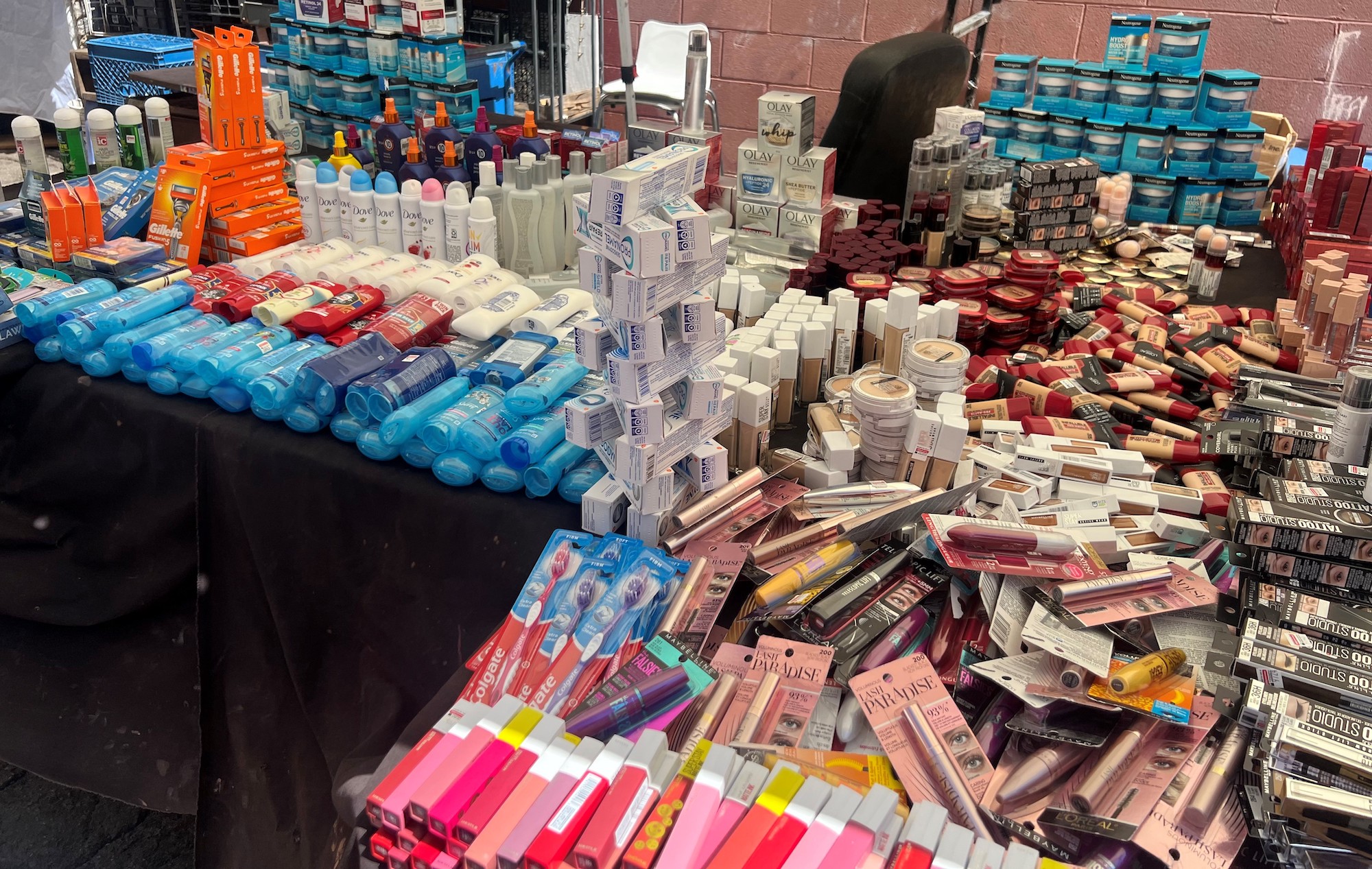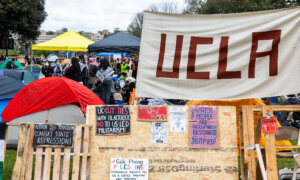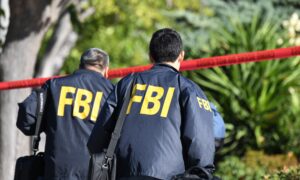A bill submitted this session in the California Legislature seeks to allow police to arrest shoplifters, instead of releasing them with a citation.
Existing law allows police to arrest someone for misdemeanor shoplifting if the officer witnessed the crime, but the new legislation, Assembly Bill (AB) 1990, would allow the officer to arrest the person “if the officer has probable cause to believe that person has committed shoplifting,” according to the bill.
Assemblywoman Wendy Carrillo filed AB 1990 on Jan. 30. The legislation—one of several state efforts to combat the growing retail crime wave in the Golden State—will first be considered by the Assembly’s Public Safety Committee.
Another step being considered by policymakers is the revision of Prop. 47, passed by California voters in 2014. A groundswell of discontent from citizens, retailers, and law enforcement has grown recently over the law, which increased the threshold for theft misdemeanors from $450 to $950 and increased the number of disqualifying prior convictions from one to “three or more.”
It also created a new category for shoplifting, designating it a misdemeanor offense and prohibited prosecutors from charging such suspects with burglary or theft of the same property.
Many retailers say the changes have encouraged the recent increase in flash-mob retail crime and shoplifting across the state.
Several major retail outlets have closed in San Francisco and the Bay Area in the past year, citing a growing retail crime wave.
Magnus Lofstrom, policy director of criminal justice at the Public Policy Institute of California testified in the Assembly in December about rising retail crime in the state’s 15 most populous counties.
“Overall, crime data indicate that retailers have increasingly been the target of crime in parts of California,” Mr. Lofstrom said. “Reported shoplifting incidents rose in the Bay Area, and shoplifting is trending up in Los Angeles and other urban areas.”
San Mateo had the highest rate in 2022, increasing 53 percent since 2019, the latest year available. San Francisco had the second-highest increase, rising 24 percent since 2019, he told the committee which is studying the state’s retail crime.












